While the transition to HTTPS has been something pushed by digital marketers for quite some time, Google recently released a statement verifying that Chrome will show “not secure” warnings in multiple areas of a non-HTTPS site. Over the past few weeks, Google Search Console users were informed that October 2017 will be the month when the transition would take place and the warnings would be apparent. While certain visitors to your site may understand that this is merely a warning, the words “not secure” may be detrimental to your user’s experience and ultimately result in a loss of sessions and conversions.
…

Read more



